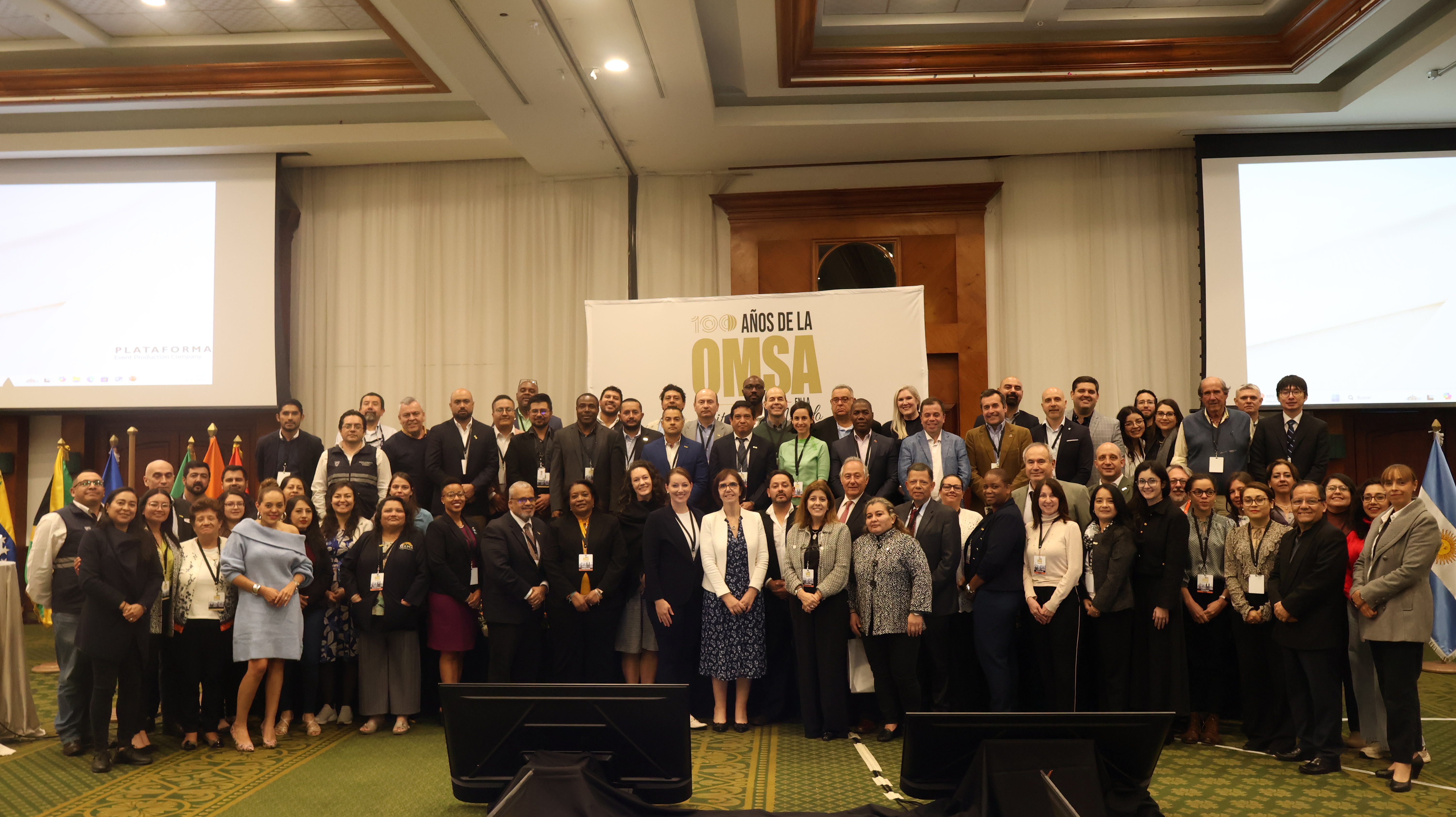From 25 to 29 November 2024, WOAH brought together the regional leaders of the veterinary community in Quito, Ecuador, to celebrate the 27th Conference of the Regional Commission for the Americas.
The event was attended by more than 90 participants, including delegates from member countries, representatives of regional partners, and international experts. It was an opportunity to discuss the main animal health and welfare challenges and to agree on recommendations that are adapted to the local context. These recommendations will be submitted for approval by the World Assembly of Delegates at its next annual meeting in May 2025.
During the conference, the importance of ensuring access to critical veterinary products for animal and public health was discussed. Shortages of these products can have serious consequences on animal health, public health and even production chains.
The various criteria used by government authorities to qualify certain veterinary products as critical can be related to aspects such as protection of national security, use in official health programmes, demand for primary care or lack of therapeutic alternatives.
It was highlighted that the causes of these shortages are often linked to economic factors, underlining the need for preventive and collaborative approaches. In this context, public-private partnerships (PPPs) are presented as a strategic solution to optimise resources, coordinate efforts and ensure wider and more efficient access to critical medicines.
The reappearance of the new world screwworm (NWS) in Central America, where it had been eradicated, has raised concerns about its economic and health impact. This transboundary disease causes significant mortality, affects livestock productivity and increases costs for producers.
The event underlined the need for coordinated action to eradicate this pest again in Central America. In this effort, WOAH’s Collaborating Centre, the Panama-US Commission for the Eradication and Prevention of Screwworm (COPEG) plays a key role by producing and releasing sterile insects, collaborating with Veterinary Services and leading control campaigns.
Also it was highlighted the Global Framework for the Control of Transboundary Animal Diseases (GF-TADs), a joint initiative of WOAH and FAO that encourages strategic meetings and the implementation of regional action plans. A preliminary proposal is being discussed to develop an action plan for the Americas, adapted to the different epidemiological situations and considering the importance of public-private partnerships to contain this disease.
Organised every two years, the Regional Conference encourages the creation of strategic alliances to meet the health challenges of a region where the animal health sector is a driver of development.
‘The focus of this year’s event was the importance of collaboration between the different sectors involved in the One Health challenges, as well as between the public and private sectors that must coordinate efforts’ concluded Dr Luis Barcos, WOAH’s regional representative for the Americas. The World Organisation for Animal Health will continue to support Members in the region and promote partnerships that help to ensure animal health and, thus, our health.
For more information:
WOAH would like to thank Agrocalidad Ecuador for their support in organising this event.
